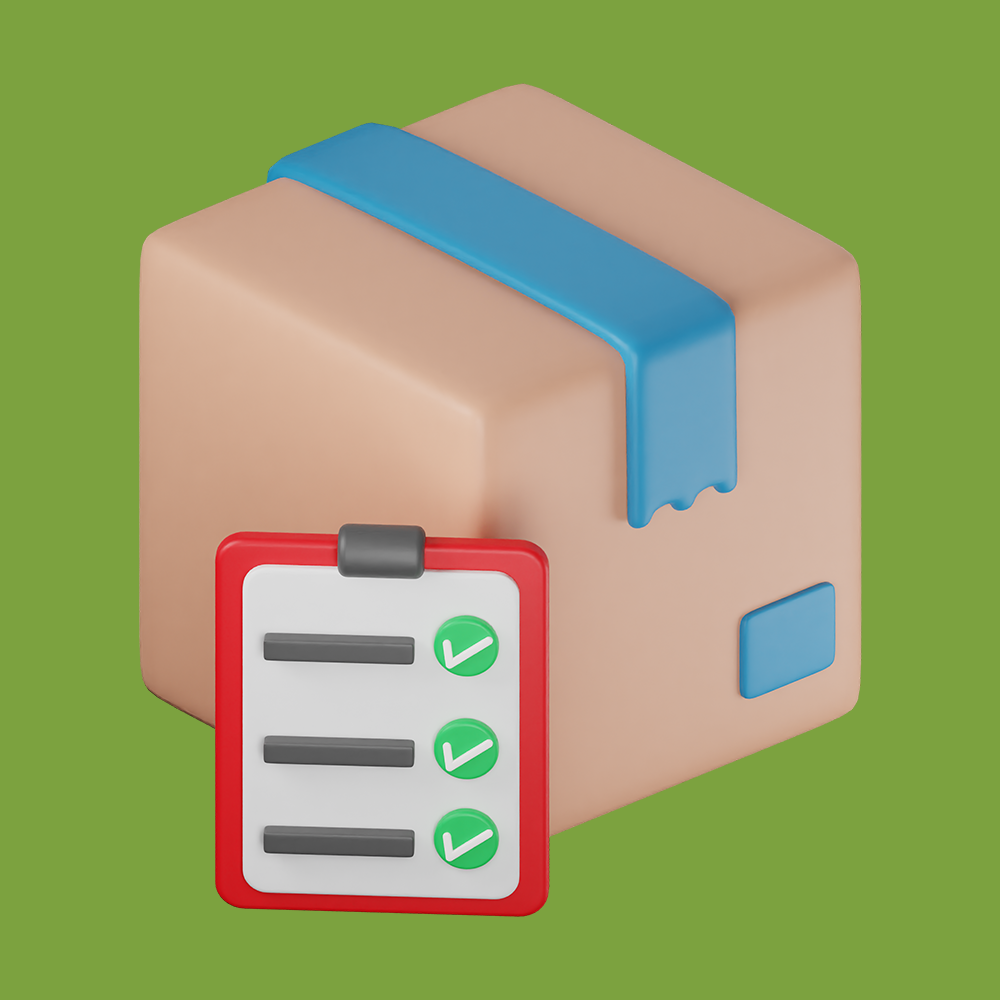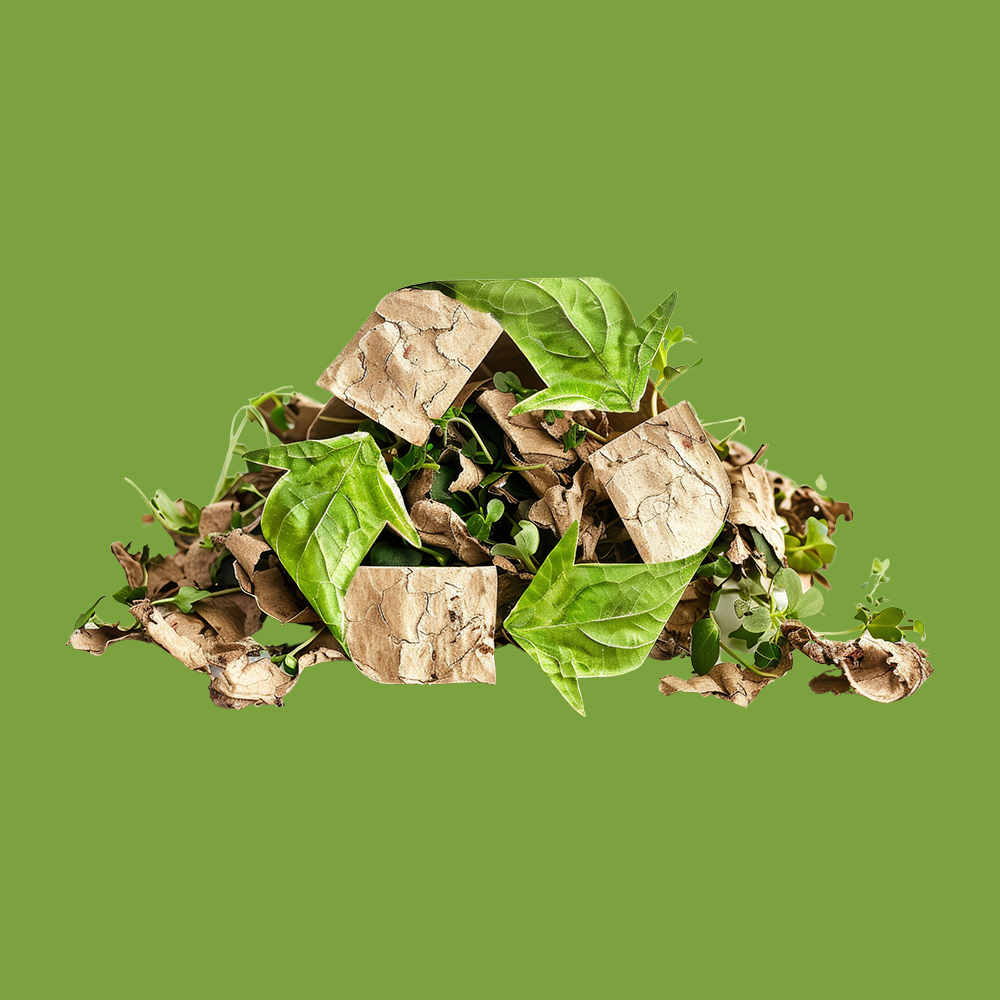
Step-by-Step Guide: Taking Your Waste to the Tip (Or Let Us Do It for You!)
22 August 2024Practical Steps for Reducing Household Waste
Reducing household waste is not only good for the environment, but it also helps create a cleaner and more organized living space. With a few simple changes, you can significantly cut down on the amount of waste your household produces, saving resources and even money in the process. In this blog, we’ll explore some practical steps you can take to reduce waste at home, from smarter shopping habits to better recycling practices.
1. Start with a Waste Audit
Before you can reduce waste, it’s important to understand where it’s coming from. Conduct a quick waste audit by examining the types of waste your household produces over a week. Sort it into categories like food waste, packaging, single-use items, and recyclables. This will give you insight into which areas need the most attention and where you can make improvements.

2. Embrace Reusable Products
One of the most effective ways to reduce waste is by replacing single-use items with reusable alternatives. Here are some simple swaps:
- Reusable Shopping Bags: Replace plastic bags with sturdy, reusable ones.
- Water Bottles and Coffee Cups: Use refillable bottles and cups instead of buying bottled drinks or using disposable coffee cups.
- Cloth Napkins and Towels: Ditch paper towels for washable cloth alternatives.
- Beeswax Wraps: Use beeswax wraps instead of plastic wrap for food storage.
These small changes can have a big impact over time by reducing the amount of disposable waste you generate.
3. Shop Smarter and Plan Meals
Food waste is one of the biggest contributors to household rubbish. By planning your meals and shopping more intentionally, you can cut down on wasted food:
- Make a Shopping List: Stick to a list to avoid impulse buys that may go unused.
- Buy in Bulk: Purchase items like grains, nuts, and cleaning products in bulk to reduce packaging waste.
- Use a Meal Plan: Plan your meals for the week, using leftovers creatively to avoid throwing away food.
- Store Food Properly: Invest in airtight containers and learn how to store fruits, vegetables, and other perishables correctly to extend their shelf life.
By being mindful of what you buy and how you use it, you can significantly cut down on food waste.
4. Practice Composting
Composting is an excellent way to reduce organic waste while creating nutrient-rich soil for your garden. Kitchen scraps like vegetable peels, coffee grounds, and eggshells can all be composted instead of ending up in the bin. If you don’t have a garden, you can still compost using a small indoor bin or look for community composting programs in your area.
5. Get into Recycling the Right Way
Recycling is key to reducing waste, but it’s essential to do it correctly:
- Know What Can Be Recycled: Familiarize yourself with your local recycling guidelines, as not everything can go into your recycling bin.
- Clean and Sort Items: Rinse food containers and sort your recyclables into the appropriate bins.
- Upcycle Where Possible: Before recycling or throwing items away, think about how they could be repurposed. Glass jars can become storage containers, and old clothes can be turned into rags.
Proper recycling reduces the volume of waste going to landfills and helps conserve resources.

6. Buy Less and Choose Quality Over Quantity
A great way to reduce waste is by being mindful of your purchases. Instead of constantly buying new things, focus on investing in durable, high-quality items that last longer. Whether it’s clothing, electronics, or household goods, buying less and choosing quality over quantity reduces waste and saves money in the long run.
7. Donate or Sell Unwanted Items
Rather than throwing away items you no longer need, consider donating them to charity or selling them online. Furniture, clothes, and appliances that are in good condition can be given a second life by someone else. This not only reduces waste but also supports a circular economy where items are reused instead of discarded.
Conclusion
Reducing household waste doesn’t have to be difficult. By making small, consistent changes in your daily routine, you can cut down on waste, save resources, and contribute to a healthier environment. Start by identifying areas where you can improve, such as reducing food waste, embracing reusable products, and recycling more effectively. Every step counts, and by adopting these practices, you’ll be on your way to a more sustainable lifestyle.
If you ever need help with larger waste disposal or clearing out your home, Just Junk Solutions is here to help. We provide eco-friendly waste removal services that prioritize recycling and responsible disposal, making it easy for you to maintain a clutter-free and green household.

